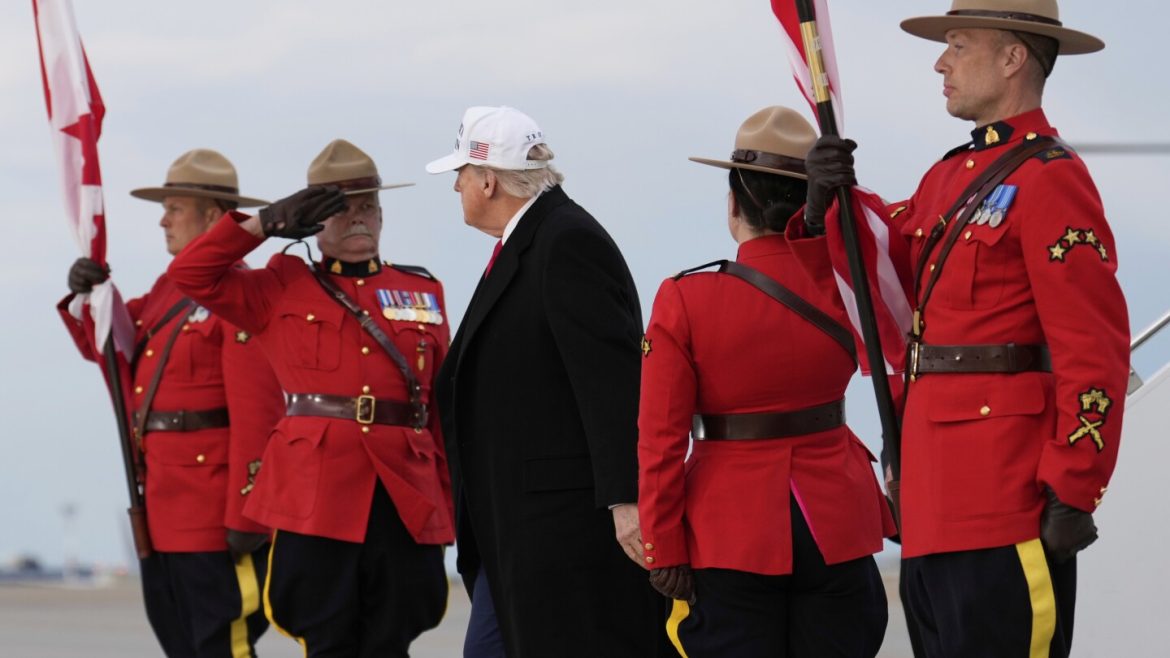Leaders of the world’s major advanced economies gathered near Calgary on Saturday for the annual G7 summit, where trade tensions and escalating conflicts in the Middle East are expected to dominate discussions.
U.S. President Donald Trump joined counterparts from Canada, Japan, Germany, France, Italy, and the United Kingdom for high-stakes talks amid growing divisions within the group.
The U.S. has imposed tariffs on imported steel and aluminum, including from Canada, prompting retaliatory measures and straining diplomatic and economic relations.
Canadian Prime Minister Justin Trudeau, the summit’s host, has publicly criticized the tariffs and urged for renewed dialogue.
“Strong trade relationships are essential for the stability of the global economy,” Trudeau said in advance of the meetings. Other leaders have echoed similar concerns, warning of the potential economic fallout from ongoing trade disputes.
Beyond trade, the summit will address foreign policy issues, particularly conflicts in the Middle East. Discussions will include the situations in Syria, Iran, and the Israeli-Palestinian territories.
French President Emmanuel Macron has called for a unified diplomatic approach to promote peace and regional stability, though differing national policies may complicate consensus-building.
The G7 summit serves as a forum for the world’s leading democracies to address shared challenges and promote international cooperation. However, growing ideological and policy differences—especially between the U.S. and its allies—could hinder efforts to produce a joint communiqué at the summit’s conclusion.

